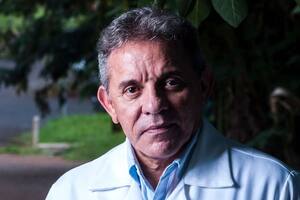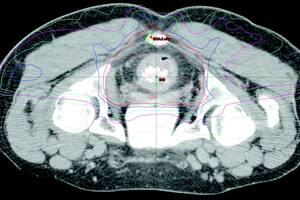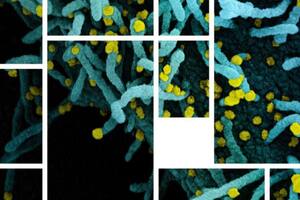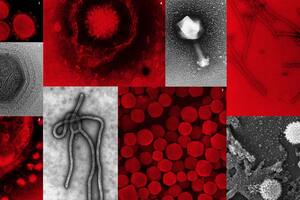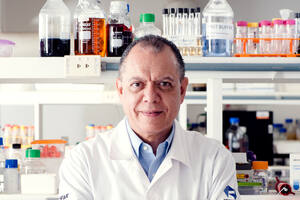Cell biology
Cell biology
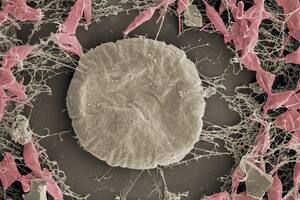
The explosive exit of Trypanosoma cruzi
Biologist used microscopes to observe and document how the parasite returns to the blood
By Redação
Biology
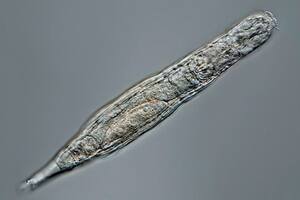
Back to life after 24,000 years
Rotifers of the Bdelloidea class are multicellular invertebrate organisms so small that they are usually only seen under a microscope
By Redação
COVID-19
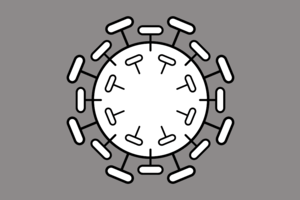
The importance of the cellular response against the coronavirus
Fighting a SARS-CoV-2 infection is not solely the responsibility of antibodies, the proteins that adhere to the virus’s surface to prevent it from entering cells or mark it for destruction
By Redação
COVID-19
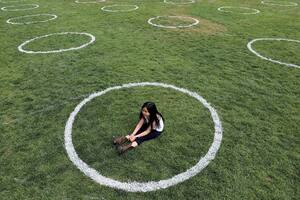
Superior immunity
Studies of blood and tissue samples taken before the COVID-19 pandemic may help explain why the disease is more common and more severe in adults than in children
By Redação
photolab
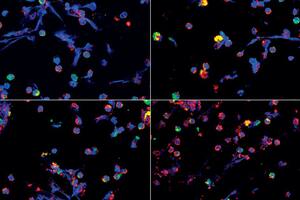
Lethal networks
Faced with an invasion of viruses or bacteria, human immune system cells sometimes overreact in a process known as NETosis, which has been shown to be more severe when the invader is SARS-CoV-2
By Redação
Covid-19

Antibodies reduce deaths
A clinical trial led by researchers at the University of Oxford, UK, identified a second drug capable of reducing mortality among patients with severe COVID-19
By Redação
COVID-19
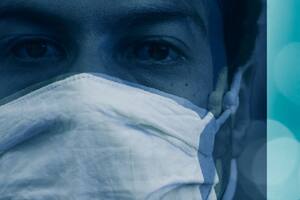
The mystery of reinfections
Evidence that SARS-CoV-2 can infect the same person more than once is challenging our understanding of the virus and how we combat the disease
By Tiago Jokura
COVID-19

Coronavirus and the brain
A study confirms that the novel coronavirus can infect different types of brain cells, and may be capable of directly damaging the brain
By Redação
Medicine

A jawbone made from fat cells
The researchers were able to regenerate the TMJ bone and cartilage of pigs, whose jaws are similar to those of humans, using stem cells obtained from the animals’ own fat
By Redação
COVID-19

SARS-CoV-2 can attack immune cells
The novel coronavirus is capable of infecting and killing immune cells, say researchers from the University of São Paulo in Ribeirão Preto
By Redação
Biochemistry

The trigger for muscular strength
An international group of researchers has identified a chemical compound that functions as a molecular trigger for the strength gains caused by physical exercise
By Redação
COVID-19
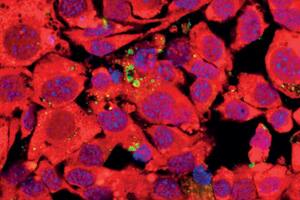
A potential virus reservoir
Adipose tissue may act as a reservoir for the novel coronavirus, suggests a study conducted by researchers at the University of Campinas
By Redação
Neuroscience
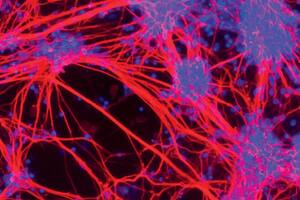
Early deficit
People with Huntington's disease tend to produce fewer neurons since birth
Coronavirus

Virus on the attack
Transmission electron microscope images provide a detailed look at how SARS-CoV-2 attacks, infects, and replicates in a culture of Vero cells
By Redação
Interview

Gene therapy on the horizon
American biochemist Jennifer Doudna, from the University of California, Berkeley, is one of the best-known names behind the CRISPR-Cas9 gene-editing technique
By Redação
Photolab

Biological engineering
Lab-made vascular cells actively produce a coagulation factor
By Redação
Oncology
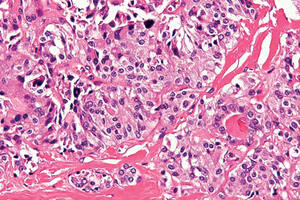
Mapped-out risk
Study identifies the genetic profile of Brazilian patients with a rare disease that causes a specific type of thyroid cancer
By Suzel Tunes


